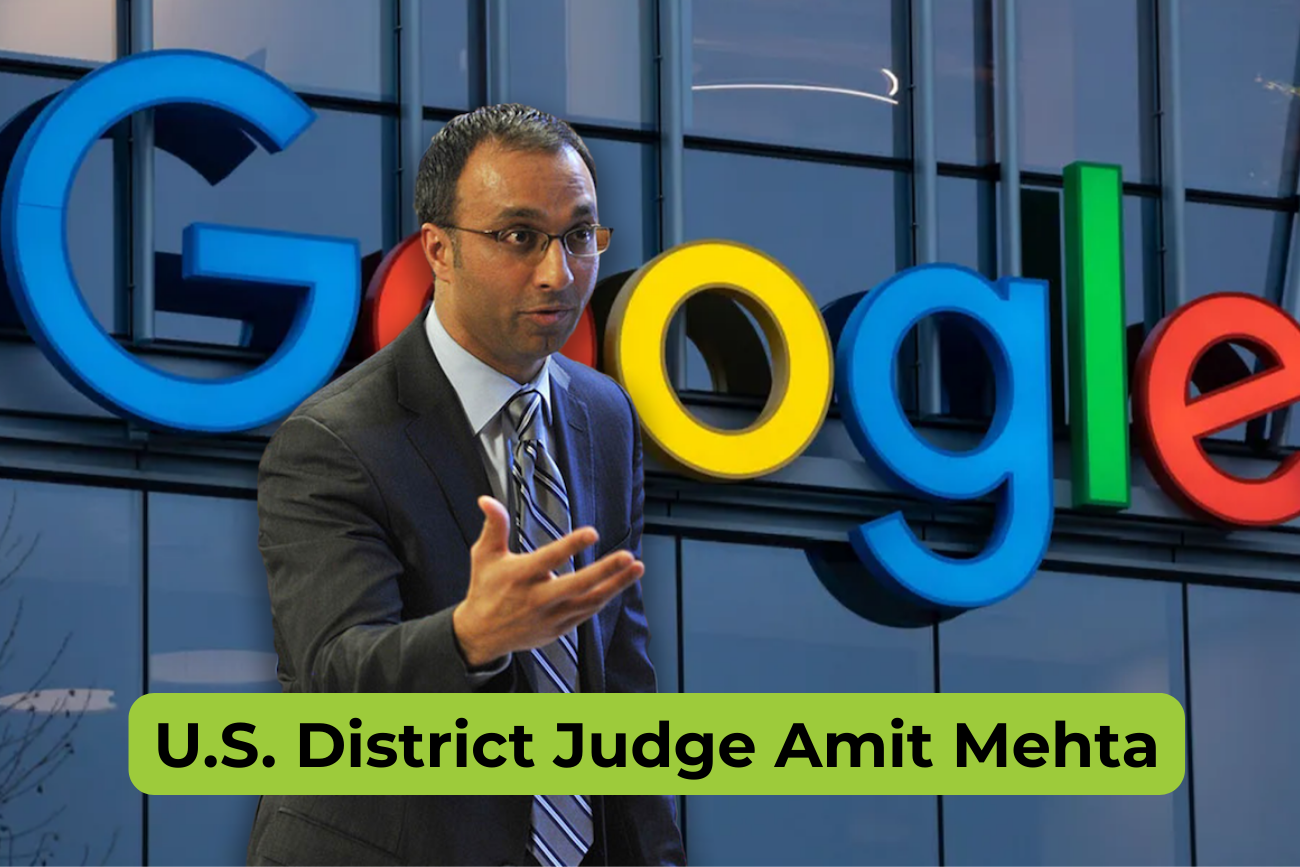Google Escapes Breakup in Monopoly Case But Must Share Search Data
Posted on Thursday, September 4th, 2025 at 8:43 pm
The Ruling That Stopped Short of a Breakup
In one of the most closely watched antitrust cases in tech history, U.S. District Judge Amit Mehta declined to dismantle Google’s core business units, despite finding the company had maintained monopoly power in general search. The Department of Justice had pushed for a far more aggressive remedy, including the forced divestiture of Chrome, Android, and key advertising technologies. But in his ruling, Mehta wrote that such measures overreached the bounds of Google’s proven misconduct.
“Google will not be required to divest Chrome; nor will the court include a contingent divestiture of the Android operating system in the final judgment,” the opinion stated. The court found no direct connection between these assets and Google’s exclusionary behavior in the search market.

The decision means the architecture of the modern search environment isn’t being dismantled, at least not yet. Chrome and Android will continue to serve as Google’s distribution engines, making them just as important to legal marketers as before. That also means Google’s dominance in directing search traffic remains intact for now, continuing to influence how prospective clients find attorneys online.
Judge Mehta emphasized caution, noting that removing entire product lines could do more harm than good. The court’s restraint here signals that while Google’s business practices may face restrictions, the framework supporting its market position will remain largely untouched.
Still, the judgment opens the door for some meaningful changes, especially around the data that powers Google Search. And that’s where the next phase of the case starts to get more interesting for the legal industry.
What Google Must Now Open Up
Judge Mehta ordered Google to share parts of its search index and user interaction data with qualified competitors. This includes access to anonymized query results and how users interact with them but not advertising data. The court limited the datasets to target only what it called Google’s exclusionary acts.
This decision gives other search engines a better foundation to improve their results. For law firms, this could lead to new platforms competing for client attention over time. If smaller engines gain traction, attorneys may eventually see more opportunities to reach potential clients beyond Google.
It will not happen quickly, but the structure is now in place for competitors to build real alternatives. That could create more sources of search traffic and better cost-efficiency for law firms.
The New Rules on Search Syndication Deals
The court blocked Google from signing exclusive agreements with device makers and browser companies but still allows it to pay for placement and preloading as long as those deals are nonexclusive and follow standard commercial terms.
In plain terms, Google can still pay to be the default, but it cannot prevent competitors from doing the same. Judge Mehta explained that banning payments entirely would likely disrupt existing partnerships and harm users rather than help them.
This opens the door for rival search engines to negotiate similar deals. If competitors start gaining access to more devices, it may change how and where potential clients begin their searches.
Google’s Reaction and the Road Ahead
Google responded with concern, focusing on privacy risks and what it views as unnecessary interference. The company disagreed with the court’s earlier finding that it had violated antitrust laws but welcomed the decision not to force a breakup of its products.
In its official statement, Google said it is reviewing the order and emphasized that competition remains strong. The company also argued that sharing search data with rivals could impact user privacy, though the court limited the required data to exclude advertising and personal information.
The key takeaway for lawyers is that Google’s role in the search market remains intact for now. However, this ruling marks the first time a court has required the company to loosen its control over how search is distributed and how competitors can access the underlying data.
What happens next will depend on how Google implements the court’s order and whether enforcement becomes a real factor. There may also be appeals, but it’s been made clear that the structure around search dominance is under legal pressure, and further changes are possible.
What Law Firms Should Take From This
This case changes how the courts view control over search access and competition. Google avoided being broken up, but the ruling introduces new rules that could reinvent search over time.
Law firms that continue relying solely on Google’s current setup may miss opportunities to appear in emerging platforms that reward different content strategies or offer more affordable advertising.
TSEG stays ahead of these developments. We monitor changes in search regulation, tech policy, and platform behavior to keep our clients informed and prepared. Whether Google adapts quickly or drags this out through appeals, we make sure your firm’s digital presence is built to compete. Contact us today.
